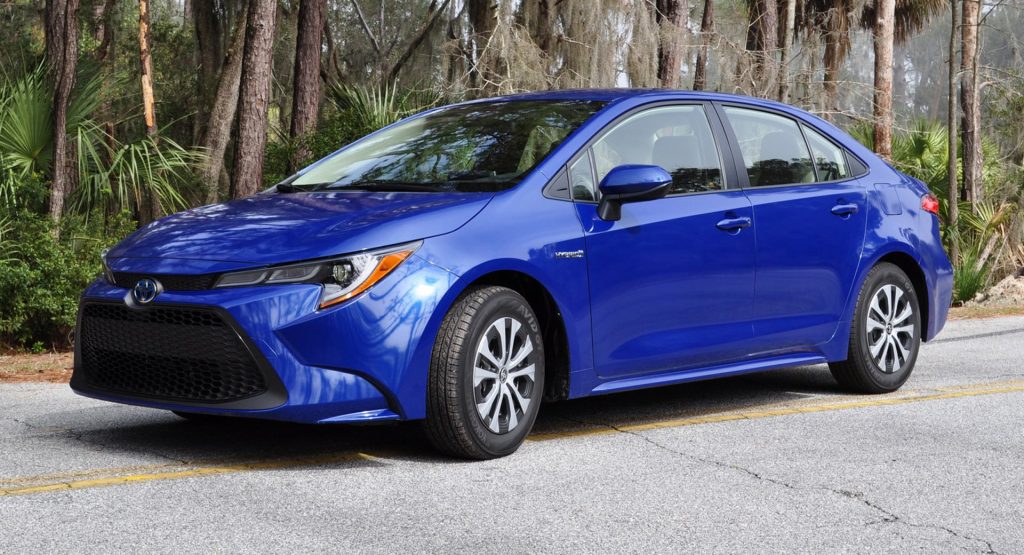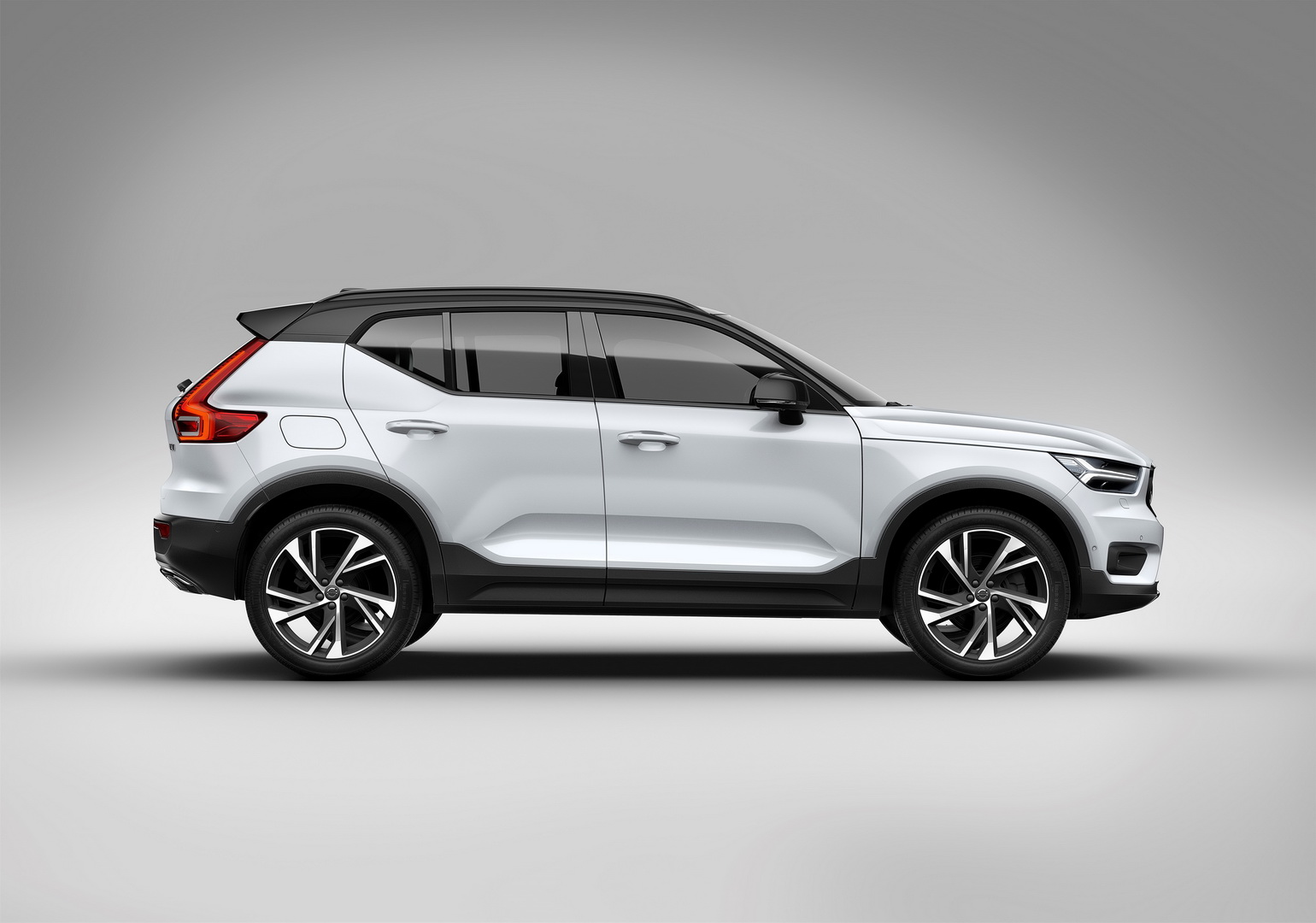Over the past few years, car manufacturers and industry analysts have been pushing forward the notion that car ownership will soon become a thing of the past.
Citing declining vehicle ownership figures among young people, companies have started to introduce car sharing and subscription programs because, as they claim, a big portion of the population simply has no interest in owning cars anymore.
However, a new report from Bloomberg indicates that reports of car ownership declining may be overstated.
A 2017 paper written by Nicholas Klein from Columbia University and Michael Smart from Rutgers University concluded that only those millennials in tough financial situations owned fewer cars than previous generations. At the other end of the spectrum, young people who have achieved financial independence actually own more cars than expected based on their incomes and wealth. It is suggested that the global financial crisis of a decade ago adversely affected millennials and their pursuit towards financial independence.
A separate study from Christopher Knittel of the Massachusetts Institute of Technology and Elizabath Murph from power company Genser Energy also indicates that younger people are driving vehicles more than baby boomers did at the same age.
Using U.S. government data, the authors concluded that millennials own 0.4 per cent fewer vehicles per household than baby boomers once did. However, millennials drive more than older Americans and younger generations “still have strong preferences for personal vehicles.”
In 2016, Lyft co-founder John Zimmer suggested that car ownership would virtually die out in major cities across the United States by 2025. Based on recent studies, however, that seems extremely unlikely. So, autonomous or car-sharing lovers, you may want to hold your horses – or robots – because drivers are going to be relevant for quite some time.








